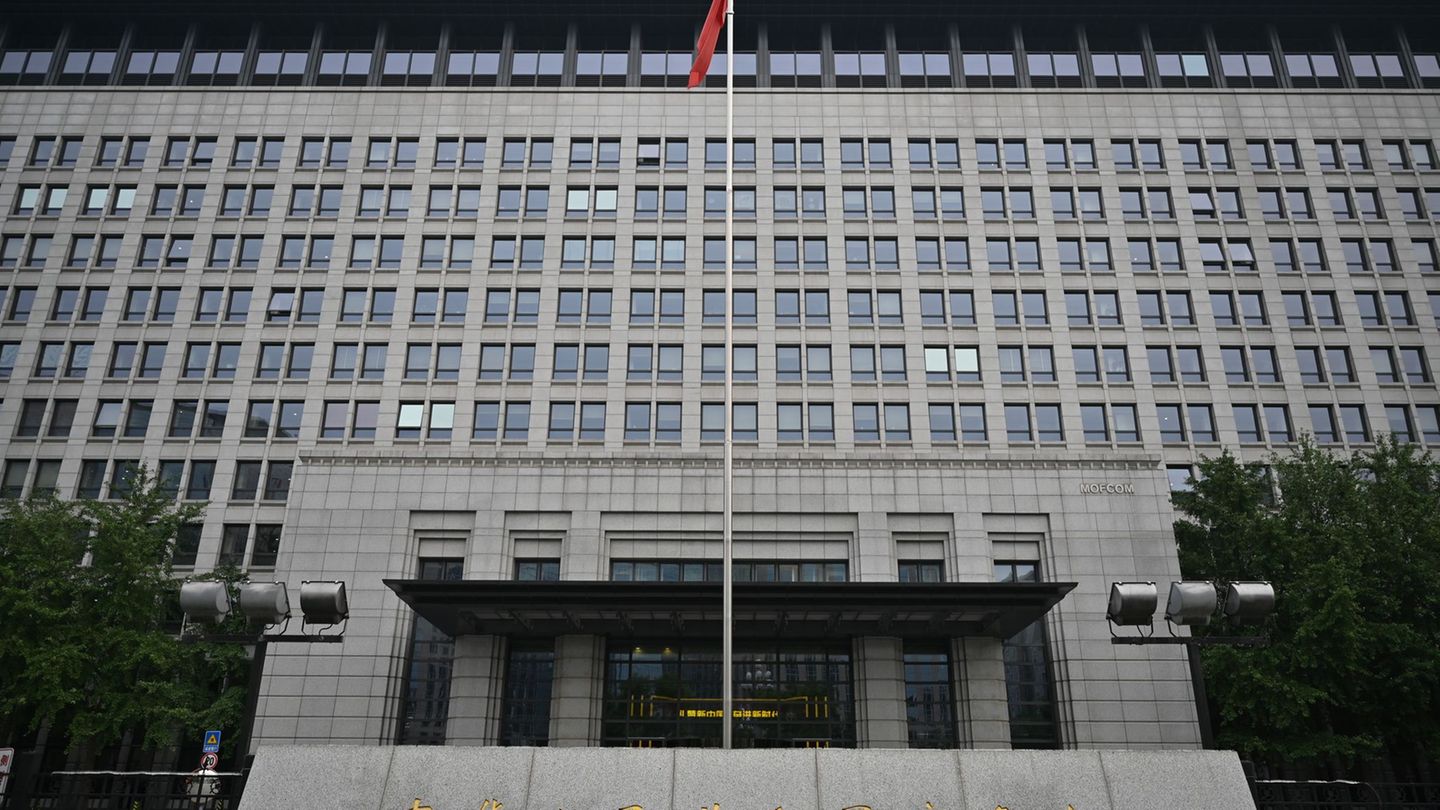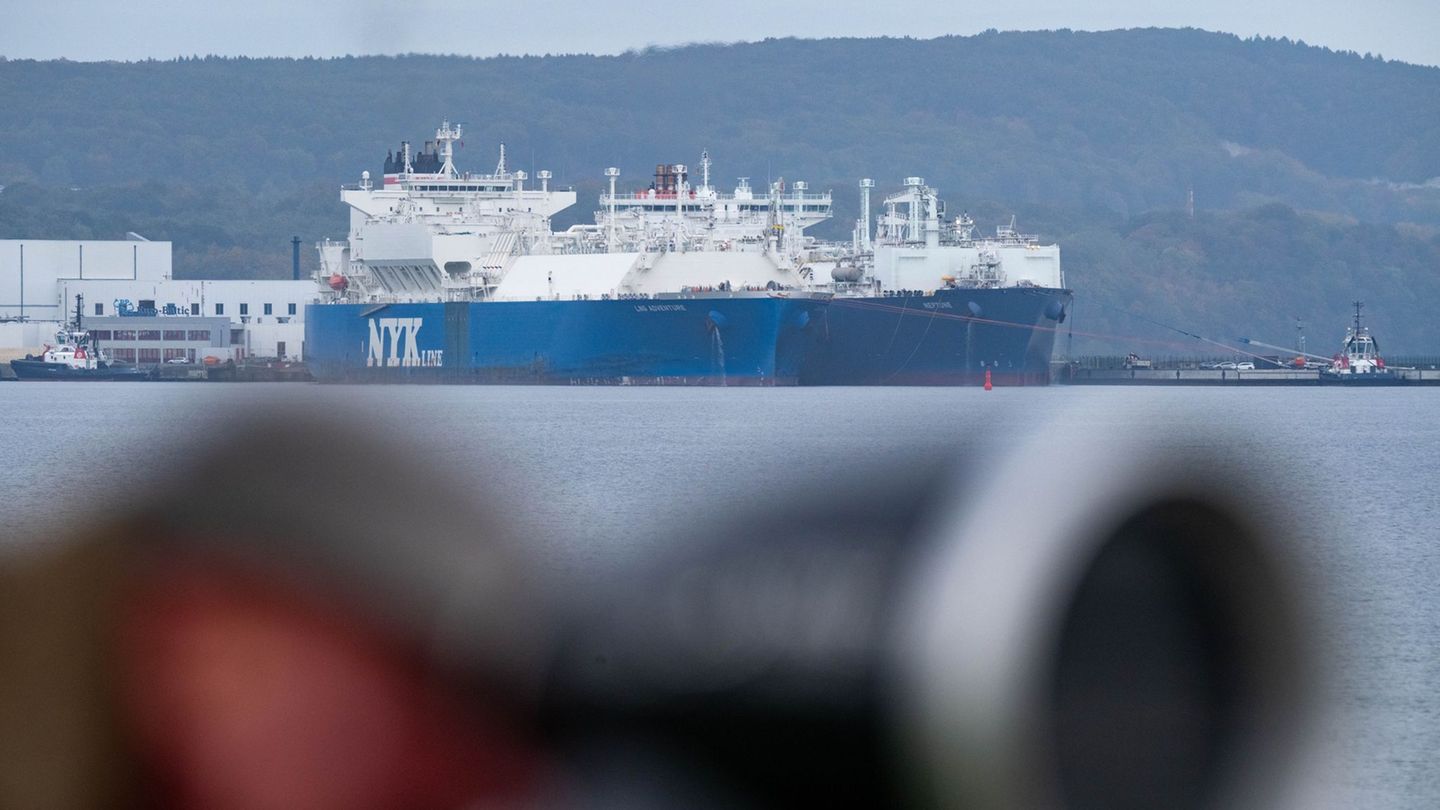“Wurstel” and “Schnitzel” are German export successes on international menus – but the domestic pig farmers are in a deep crisis. Arable farmers are better off economically.
Germany’s pig farmers are giving up in droves, but arable farmers can at least hope for a good year despite the rapidly increasing costs: the corona pandemic and the Ukraine war have resulted in an income gap in German agriculture.
According to economists, farmers will benefit from rising food prices, even though energy and fertilizer have become much more expensive. Livestock farmers are in a much worse position, especially pig farmers.
“We assume that the arable farms will have a very good year on average because the strong product price increases for the 2022 harvest are higher than the significant cost increases,” says Frank Offermann at the state-owned Thünen Institute in Braunschweig.
But that only applies to the average company. “In individual cases, that also depends on when the farmer bought his operating resources and whether he was able to sell his harvest in advance at a high price.”
Different estimates
However, the estimates in the professional world are not uniform. The German Farmers’ Association is not making a forecast because of the uncertain global situation and the fluctuations on the agricultural markets. “In our view, it is not possible to give a uniform assessment of agricultural income under the current situation,” says Secretary General Bernhard Krüsken.
And some economists also doubt that producer prices will rise faster than costs. According to the farmers’ association, the price of nitrogen fertilizer has quadrupled within a year. “The margins are not necessarily negative, but they have decreased,” says Josef Schmidhuber, economist at the UN agricultural organization FAO in Rome. “This also tends to reduce the incentives for farmers to increase production.”
Bad asparagus and strawberry season
The asparagus and strawberry seasons have already gone unexpectedly badly for the farmers this year – despite all appeals to the population to buy regional products. But many citizens obviously save when shopping for groceries.
The supermarket chains sold cheap foreign goods on a large scale, while local farmers sometimes did not harvest asparagus and strawberries at all due to a lack of demand. “If the price of the goods does not even cover the production costs, the harvest is not worth it,” says Krüsken, Secretary General of the Farmers’ Association.
Pig farmers in crisis
The pig farmers, who have been doing extremely bad business since a record year 2019/20, posted losses in the corona pandemic. Both the pandemic and African swine fever, which is hampering exports, contributed to this.
Schnitzel and sausages are the most common German dishes on international menus, along with apple strudel and cheesecake. Domestically, the pig farmers are in crisis.
According to figures from the Federal Statistical Office, 12.5 percent of German pig farmers have given up since May 2020 – the number of farms has shrunk from 20,400 to 17,900. According to the Federal Statistical Office, 22.3 million pigs were kept in Germany in May, which was more than eight million animals fewer than in 1990 and thus the lowest level since reunification.
“We have a precarious situation, especially for pig farmers,” says FAO economist Schmidhuber. “With constantly low pig prices and rising feed prices, many producers stop.”
Farmer representative Krüsken speaks of a “real structural break”. In the last 10 years, around half of all pig farmers have ceased operations.
In agricultural jargon, the pig farmers are among the “processing companies”. In this sector there is the greatest need for adjustment, says Frank Offermann from the Thünen Institute. “Structural change usually takes place when the farm is handed over to the successor. It’s not the current income that plays the biggest role, but the expected future income.”
And the expectations for the future are largely linked to political requirements: “That also depends to a large extent on what adjustments a company has to make,” says Offermann. “These are foreseeably large and associated with great uncertainty, especially in processing with the changed requirements for animal welfare, emission protection and husbandry conditions.”
Source: Stern
Jane Stock is a technology author, who has written for 24 Hours World. She writes about the latest in technology news and trends, and is always on the lookout for new and innovative ways to improve his audience’s experience.




